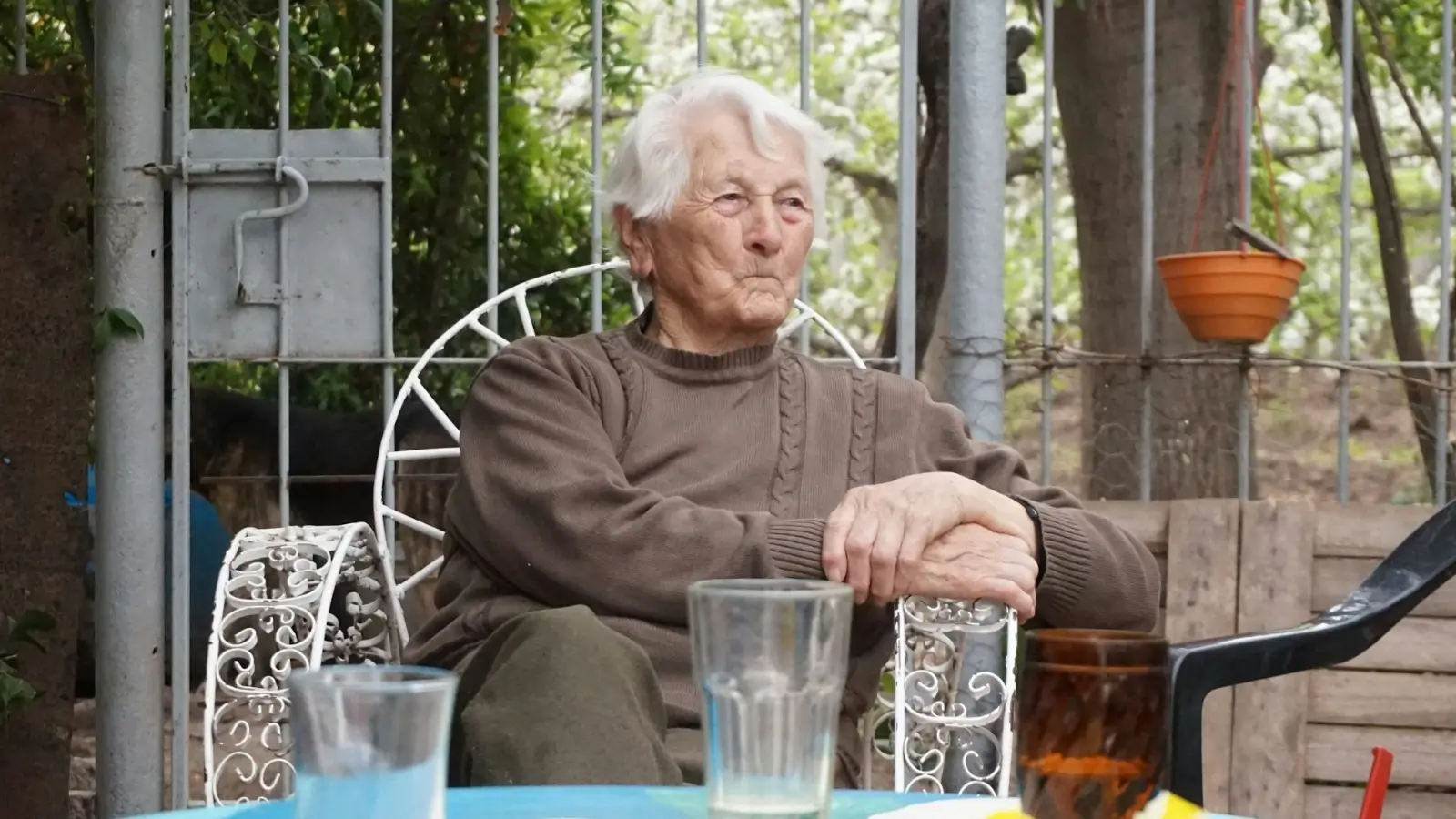


America's aging population makes it imperative to continue to be mindful of their health. According to the Pew Research Center, the U.S. population is likely to age significantly due to longer life expectancies and a declining birth rate. Approximately 62 million people in the U.S. are 65 years old or older, making up 18% of the nation's population. The number could rise to 84 million by 2054, with seniors comprising 23% of the total population.
Eating well and keeping hydrated are crucial for the health of elderly individuals, as they help support both physical strength and mental clarity. However, factors like a lack of appetite, dental issues, or side effects from medications can hinder proper intake. That’s why it’s essential to cultivate a pleasant experience and offer a diverse selection of hydrating foods and beverages to seniors.
This article emphasizes the significance of nutrition and hydration for older adults, ensuring they remain strong, alert, and comfortable.
For elderly individuals, good nutrition and hydration are vital for supporting their overall health. According to AmeriBest Home Care, nutritious meals boost physical health in several ways. Eating well helps preserve muscle strength and a healthy weight, both of which are crucial for staying mobile and independent.
Moreover, drinking plenty of water can help prevent problems such as urinary tract infections, constipation, and dizziness, especially in older individuals. As individuals age, they often encounter obstacles that include reduced appetite, medication complications, and trouble chewing.
To tackle this issue, it’s essential to provide a well-rounded diet and ensure adequate fluid intake. These actions support physical health and boost emotional well-being. It helps elderly loved ones feel stronger, sharper, and more at home.
Good nutrition and staying hydrated are essential for enhancing cognitive abilities in older adults. Maintaining brain functions requires drinking enough water. If someone is dehydrated, they might experience confusion and difficulty concentrating, highlighting the importance of hydration for clear thinking.
NIH notes that aging brings about a range of physical and mental changes that can influence overall health. To minimize these impacts, it's crucial to engage in regular physical and mental exercises, along with eating a nutritious diet.
Protein deficiency correlates with an earlier onset of cognitive deterioration. A healthy diet that includes key nutrients such as vitamins, antioxidants, and omega-3 fatty acids is essential for safeguarding brain cells from damage.
Proper hydration and a balanced diet work together to create the foundation for enhanced cognitive performance. It helps older adults remain mentally sharp, engaged, and independent in their everyday lives.
The key to maintaining proper body function, especially for older folks, is eating healthily and drinking plenty of water. Water supports a healthy circulation system, providing lubrication for the joints and helping to control body temperature.
A balanced diet, on the other hand, is full of vital elements like protein, vitamins, and minerals that promote bone strength and a strong immune system. Older adults often encounter challenges such as a shift in metabolism, which can increase the risk of dehydration and nutrient shortages.
Drinking lots of water and eating balanced meals that include hydrating items like fruits and vegetables are crucial for preventing this. Seniors can maintain an active lifestyle, improve their physical well-being, and live better lives with greater freedom and vitality. All this is possible by making diet and hydration a priority.
Staying properly hydrated and following a nutritious diet are key factors in boosting energy levels for seniors. According to WebMD, maintaining a healthy diet is crucial at every stage of life. But it takes on even greater significance with age.
Many seniors experience fatigue or a dip in energy levels, but the good news is that some habits and foods can help revitalize their energy. For optimal muscle performance and a healthy metabolism, it's vital to consume well-balanced meals that include essential nutrients.
These nutrients are vital for maintaining stamina, warding off fatigue, and keeping active throughout the day. Drinking enough fluids and eating water-rich foods, such as fruits and soups, can help maintain energy and enhance overall vitality.
Proper nutrition and staying hydrated are key to reducing the risk of falls in older adults. The CDC estimates that millions of seniors, those 65 and older, fall each year. Over 25% of older adults face at least one fall every year. If one has taken a tumble earlier, the risk of falling again is actually twice as high.
Stronger bones and a lower risk of fractures are possible by consuming enough calcium and vitamin D. Additionally, protein is essential for maintaining muscle mass and balance, both of which are key in preventing slips and falls.
Don’t forget that hydration is just as crucial; it helps avoid dizziness and confusion that can come from being dehydrated. When a diet rich in nutrients combines with proper hydration, it can boost the body, enhance mental clarity, and lower the risk of falls. It paves the way for safer, more independent lives for older adults.
Seniors need calcium and vitamin D for healthy bones, and protein is essential for maintaining strong muscles. Omega-3 fatty acids are fantastic for the heart and brain, and let’s not forget that fiber is key for good digestion. Iron, vitamin A, and vitamin C also play vital roles. A varied and nutrient-rich diet promotes healthy aging and ensures independence.
Older adults can really benefit from sipping on fluids throughout the day. They must opt for refreshing choices like water, tea, or soups to stay hydrated. Water, tea, and soups are the best options to help stay refreshed. Seniors must have drinks with meals and snacks, and remember that juicy fruits also contribute to hydration.
The primary reason older adults often face dehydration is that their sense of thirst diminishes, which can lead to forgetting to drink enough water. Additionally, factors like a decrease in body water, less efficient kidney function, certain medications, and various health conditions all play a role. Given all of these changes, it's critical to continue monitoring fluid consumption.
For seniors to stay strong, healthy, and mentally clear, they must maintain adequate nourishment and hydration. They play a crucial role in preventing issues such as infections, muscle loss, and cognitive decline, which tend to become more prevalent with age.
Encouraging them to have regular meals and providing tasty drink options can really make a difference. It helps seniors stay vibrant, alert, and comfortable as they navigate their later years with dignity and well-being.